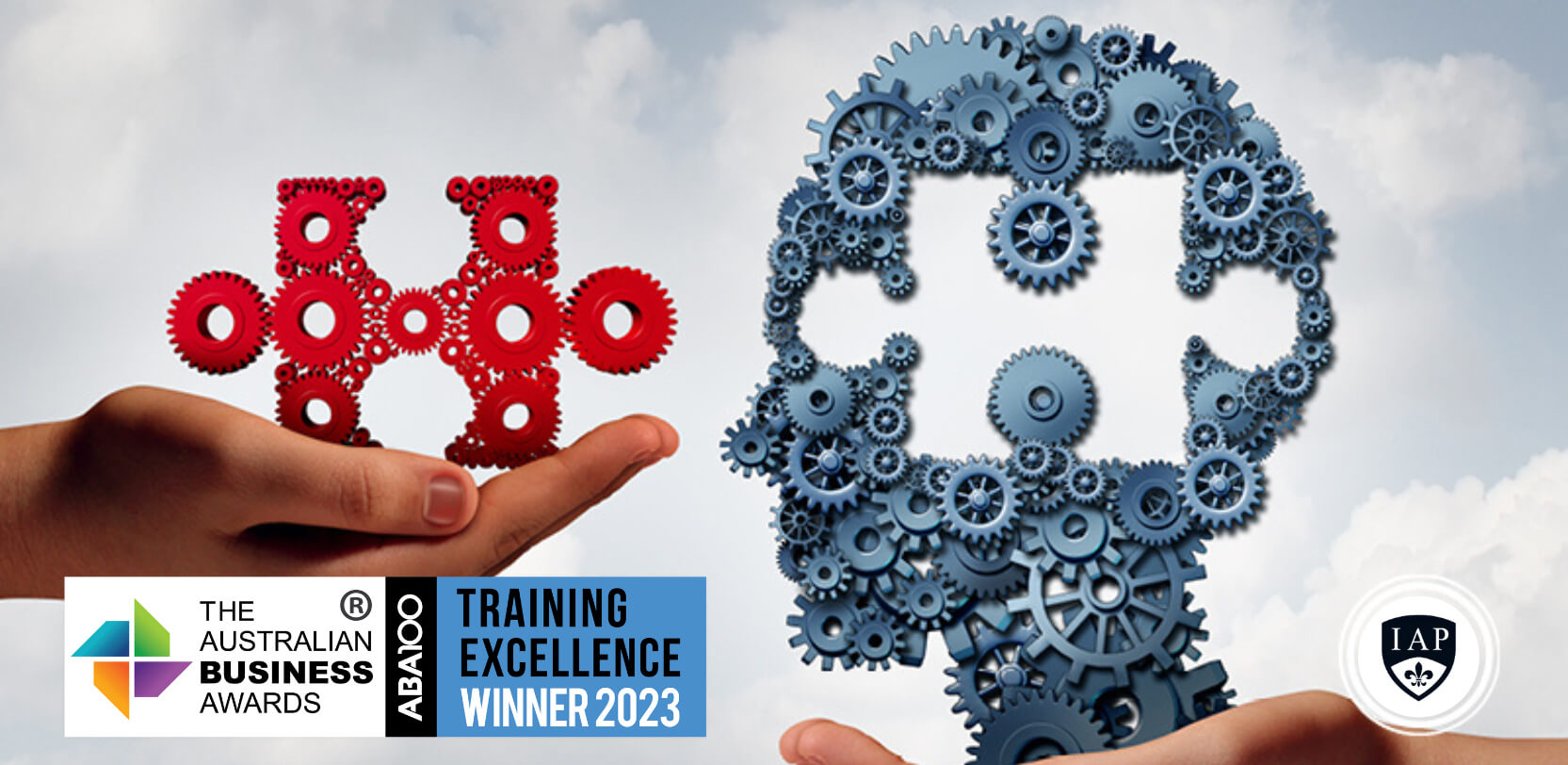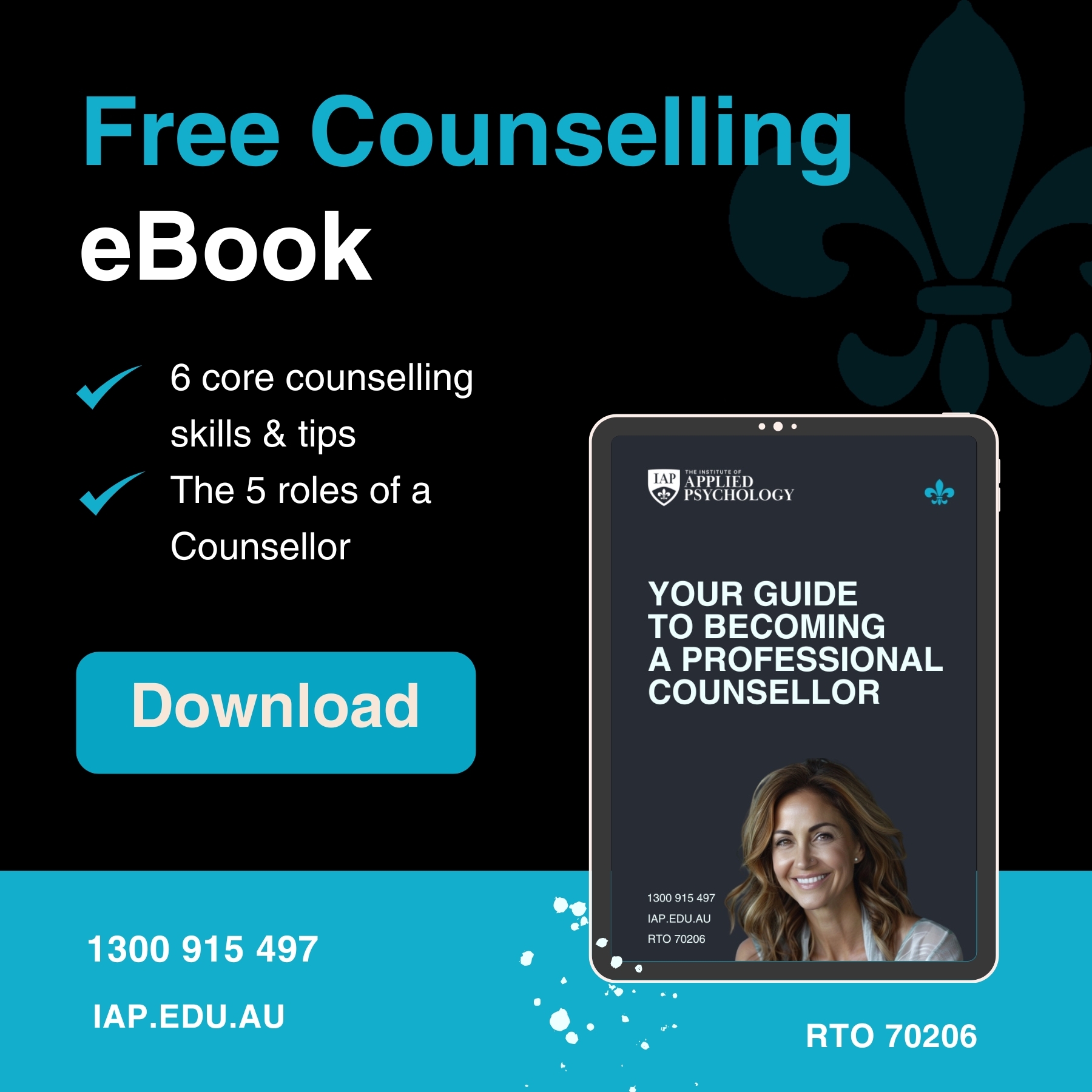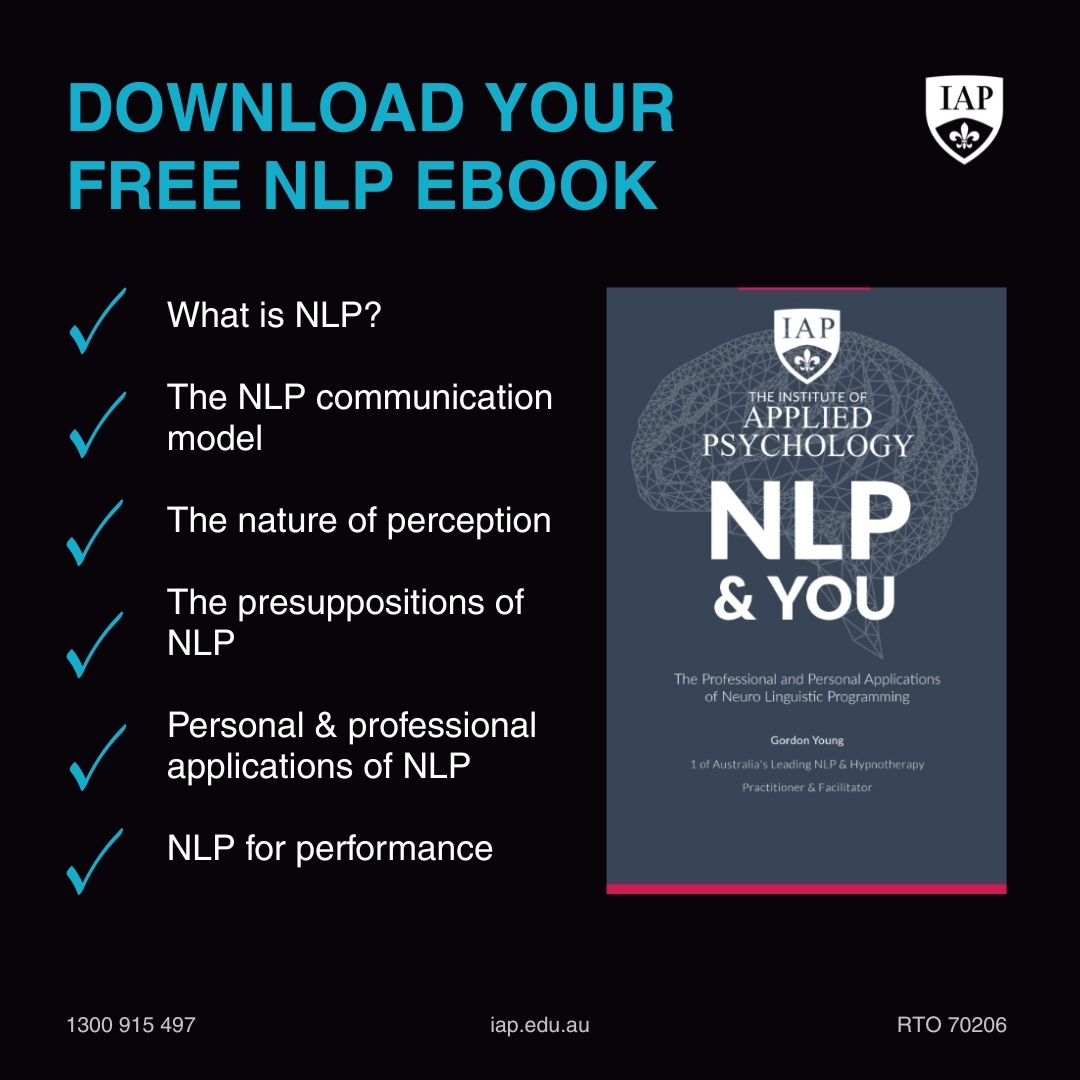Top 10 Types of People Who Become Counsellors
Counselling isn’t just another career — it’s a pathway for people who want to make a real difference in the lives of others. People are drawn to counselling for all sorts of reasons, but most share a common thread: they’re motivated by empathy, curiosity, or personal growth.
If you’re wondering whether you’re the kind of person who could thrive in this profession, here are ten types of people who often decide to become counsellors.
The Teacher Who Wants to Do More
Teachers naturally support the emotional development of students, not just their academic success. Over time, many teachers find they are just as passionate about their students’ well-being as their grades.
Transitioning into counselling allows teachers to focus more fully on helping individuals navigate stress, anxiety, relationships, and life transitions. Their skills in communication, patience, and guidance translate beautifully into counselling work.
The Psychologist Expanding Their Skills
Some psychologists pursue counselling training to complement their existing expertise. While psychology often emphasises theory, diagnosis, and research, counselling is more focused on the practical, day-to-day therapeutic relationship.
By learning counselling techniques, psychologists can connect with clients on a deeper, more personal level. This combination of scientific knowledge and practical skills allows them to offer more holistic support.
The Career Changer Seeking Meaning
It’s not uncommon for people to spend years in a profession — business, finance, healthcare (nurse, social worker, youth worker, support workers), or law — only to discover they want something more fulfilling. Counselling appeals to those searching for a career with a greater sense of purpose.
For career changers, becoming a counsellor provides the opportunity to apply their existing skills (such as communication, problem-solving, and leadership) in a way that directly impacts people’s lives.
The Natural Listener
Some people have a gift for listening without judgment. They create space where others feel safe to share their thoughts and emotions. These natural listeners are often the friend or family member people turn to when they need advice or simply someone to hear them out.
In counselling, this ability is invaluable. Active listening is one of the core skills that allows counsellors to pick up on subtle cues, validate emotions, and help clients feel truly understood.
The Empath
Empaths are highly attuned to the emotions of others. They often feel what the other person is feeling, which gives them a deep sense of compassion. While this sensitivity can feel overwhelming in everyday life, when appropriately trained, it becomes a strength in counselling.
An empathic counsellor can create powerful connections with clients, helping them feel less alone in their struggles and more motivated to work toward change.
The Life Experience Guide
Many counsellors enter the field because of personal experiences. They may have overcome grief, trauma, addiction, or other significant life challenges. Rather than being held back by these experiences, they use them as fuel to support others.
This doesn’t mean counsellors share their stories with clients directly, but their lived experience gives them insight and authenticity. Clients often feel reassured knowing their counsellor truly understands what it’s like to face difficulties and come out stronger.
The Problem Solver
Some people are naturally wired to untangle complex challenges. They love helping others see new perspectives and uncover solutions that weren’t obvious before. In counselling, this problem-solving instinct becomes a tool for empowering clients.
Rather than “fixing” problems for clients, counsellors guide them in exploring their own options, building resilience, and finding strategies that work best for their unique situations.
The Community Builder
Community builders thrive on creating safe, supportive environments where people can connect and feel a sense of belonging. This can show up in many forms — whether leading groups, volunteering, or supporting friends and family.
Counselling allows these individuals to extend their community-building abilities into a professional setting, offering support to individuals, families, and groups in a structured and meaningful way.
The Curious Learner
Some people are fascinated by human behaviour. They want to understand why people think, feel, and act the way they do. For them, counselling isn’t just a career — it’s a lifelong learning journey.
Curious learners thrive in counselling because they’re open-minded, reflective, and always seeking to grow. They bring this curiosity into their client work, helping people explore new insights about themselves.
The Quiet Supporter
Not every counsellor is outgoing or extroverted. Many are quiet, calm, and steady presences who bring a sense of grounding to their clients. Their strength lies in creating a stable, non-judgmental space where clients feel safe enough to open up.
Quiet supporters remind us that counselling isn’t about talking the most — it’s about creating trust and offering consistent support.
There’s no single “type” of person who becomes a counsellor. From empaths and problem-solvers to career changers and psychologists, counselling attracts people from all walks of life who share a passion for supporting others.
If you see yourself in any of these descriptions, counselling might be the path where your strengths can truly make a difference.
Frequently Asked Questions (FAQs)
What skills make a good counsellor?
Good counsellors are skilled in empathy, active listening, problem-solving, and creating non-judgmental spaces. Many of these skills can be learned and developed through training.
Do you need life experience to become a counsellor?
Life experience can be valuable, but it’s not required. Counsellor training provides the tools and techniques needed to work professionally with clients.
Can psychologists also train as counsellors?
Yes. Many psychologists undertake counselling training to strengthen their practical client-facing skills. The combination of psychological theory and counselling practice could help make them highly effective practitioners.
Is counselling a promising second career?
Absolutely. Many people move into counselling later in life when they’re seeking work that feels more meaningful and rewarding.
How do I become a qualified counsellor in Australia?
To work as a professional counsellor in Australia, you need to complete an accredited qualification such as the CHC51015 Diploma of Counselling. This allows you to apply for membership with the Australian Counselling Association (ACA) as a Level 1 Registered Counsellor.
Are you ready to Start Your Counselling Journey?
If you’re inspired to turn your strengths into a career that makes a real impact, the CHC51015 Diploma of Counselling with IAP is the perfect starting point.
- Gain the skills to support clients effectively.
- Graduate with a nationally recognised qualification.
- Become eligible to apply as a Level 1 Registered Counsellor with the ACA.
Download the course brochure today and take the first step toward becoming a qualified counsellor who can help make an impact in the lives of others.








